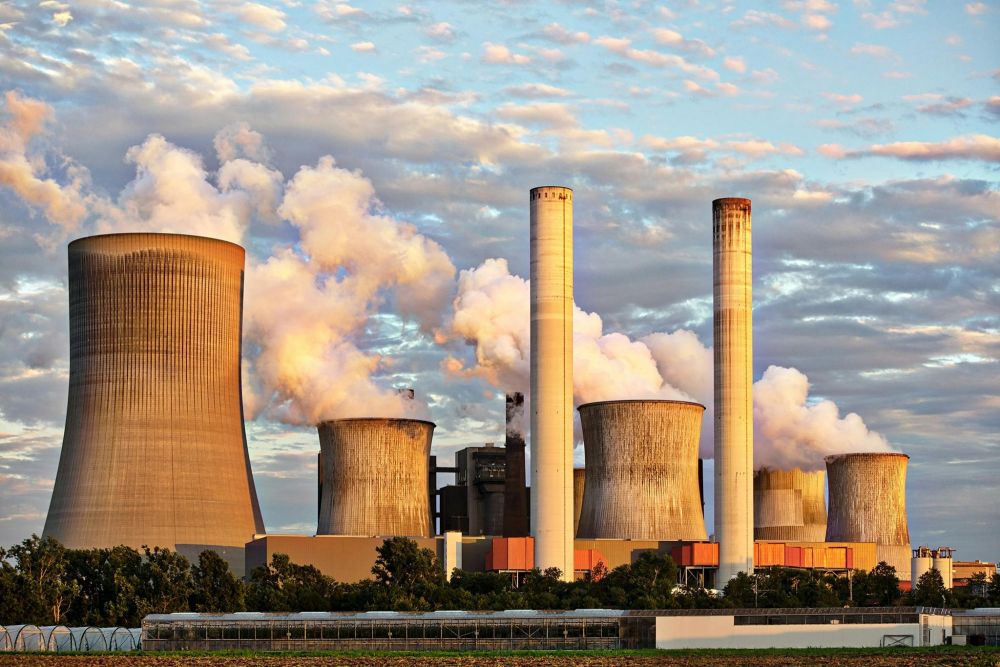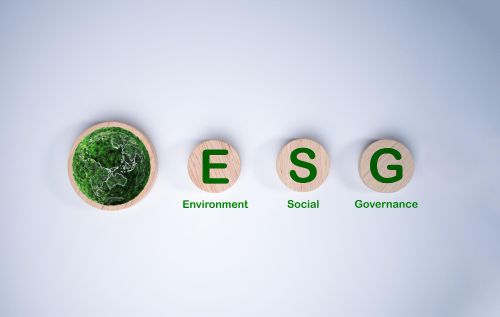Carbfix Becomes First EU-Approved Onshore Carbon Dioxide Storage Project


Cut through the green tape
We don't push agendas. At Net Zero Compare, we cut through the hype and fear to deliver the straightforward facts you need for making informed decisions on green products and services. Whether motivated by compliance, customer demands, or a real passion for the environment, you’re welcome here. We provide reliable information—why you seek it is not our concern.
Icelandic climate-tech firm Carbfix has made history by receiving the European Union’s first permit for onshore carbon dioxide (CO₂) storage under the EU's 2009 CCS Directive. The permit marks a key breakthrough in Europe’s carbon capture and storage (CCS) strategy, which is central to reaching the EU’s 2050 net-zero emissions target.
Carbfix’s innovative technology injects captured CO₂—dissolved in water—into Iceland’s naturally abundant basalt rock, where it reacts to form solid carbonate minerals. This process permanently locks carbon underground, eliminating the long-term leakage risks associated with traditional gas storage. The project is located near the Hellisheiði geothermal power plant, where pilot trials have already proven successful.
The newly approved site allows for the annual storage of up to 106,000 tonnes of CO₂, totaling approximately 3.2 million tonnes over 30 years. It is the first formal endorsement of onshore geological storage within the EU’s strict climate policy framework.
Carbfix’s success aligns with the EU Green Deal, which targets a 55% reduction in emissions by 2030. As carbon prices rise and pressure mounts on heavy industry, onshore CCS offers a scalable solution for hard-to-abate sectors like cement and steel.
Carbfix CEO Edda Sif Pind Aradóttir called the development a step toward building “a new industry essential to climate goals.” The EU estimates it will need to store 250 million tonnes of CO₂ per year by 2050, making projects like Carbfix critical to Europe’s carbon-neutral future.
Source: carboncredits.com

More related content

New €87 Million Scheme Backs Green Hydrogen Projects in Former Germ...

California's Updated Clean Fuel Standards Set to Take Effect

European Supervisors Seek Public Input on ESG Stress Testing Guidel...
